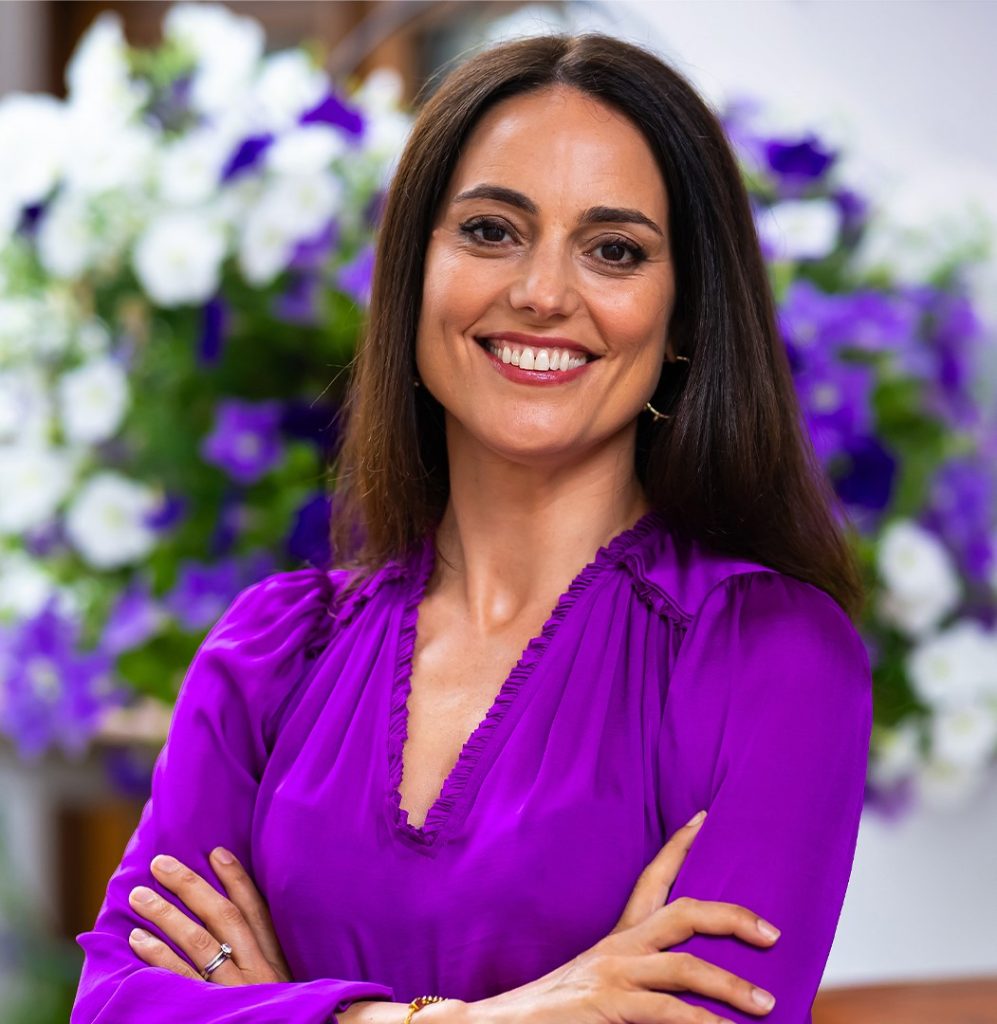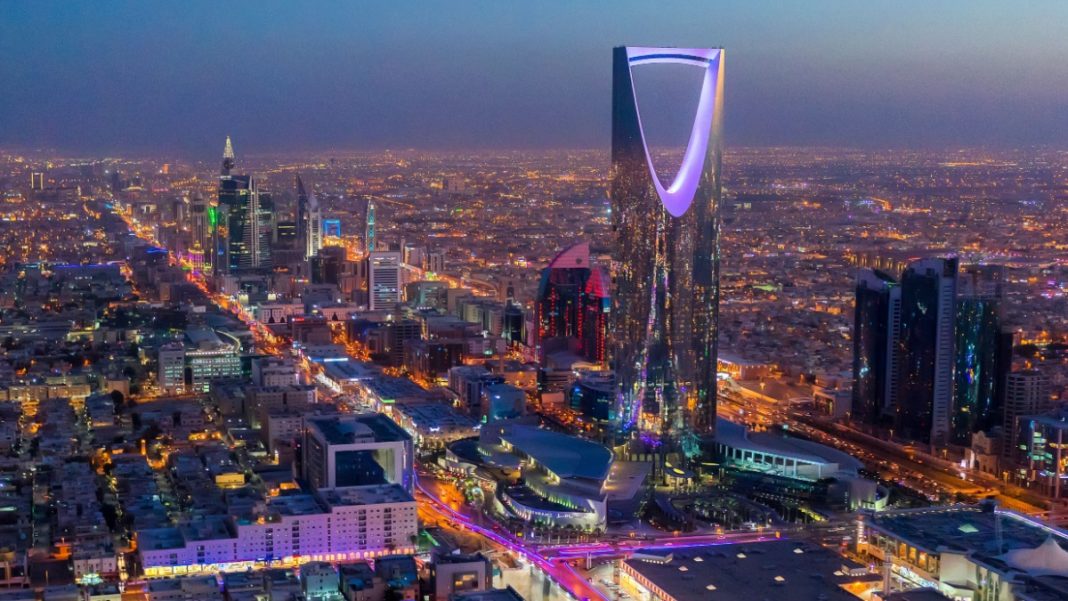Saudi Arabia has proven itself as a host for some of the world’s biggest international sporting events, Marina Storti, CEO of WTA Ventures, emphasised following the choice of Riyadh for the WTA Finals.
The WTA announced last week that the Saudi capital would host the WTA Finals for the next three seasons from 2024-2026. Reaching out to WTA Ventures, the WTA’s investment arm, after this announcement, Insider Sport gained some insights into the association’s rationale.

Insider Sport: What was it about Riyadh that set it apart from other contender cities as WTA Finals host?
Marina Storti: We undertook an extensive process of evaluation and negotiation with a range of potential host venues. As well as Riyadh, we considered cities in Europe, Asia and North America and assessed each of the candidates against three core criteria: the ability to deliver a world-class event for players and fans; support for our ambition to achieve significant growth in prize money for women; and the strength of their commitment to work with us to grow the WTA Finals and the sport over time.
On this basis, it was clear to us that Riyadh was the strongest candidate and we are excited to be taking this step forward with our new partners at the Saudi Tennis Federation (STF). We are also excited about the prospect of creating more fans of tennis and encouraging more women and girls to play the game in a country where interest in sport is growing very rapidly.
IS: Why is this such a watershed moment for the future development of women’s tennis and of inclusivity in sport?
MS: We see the partnership with the STF as an extension of the work that the WTA has been doing to break down barriers for more than 50 years. We want to develop tennis as a global sport, create more opportunities for women to play tennis at the elite level and reach new audiences around the world. In doing so, we believe that we can both ensure that our athletes can build successful careers and help to inspire more women and girls to get involved and participate in sport.
Bringing women’s tennis to a new market like Saudi Arabia, where there is a young population and huge growth potential, is one of the ways we can develop the sport. We believe it’s a good thing that the Saudi public – women and men – will get the chance to watch the world’s top players, and we’ll be working with the Saudi Tennis Federation to develop grassroots programs that encourage even more girls and boys to play.
IS: How important is the record prize money for the image of these WTA Finals, the development of women’s tennis and its competing athletes?
MS: The WTA was founded on the principle of equality, and we want our talented and inspirational female athletes to be rewarded at the level they deserve. That’s why the WTA last year set out a commitment to secure equal prize money for women at all joint WTA and ATP events by 2027, and across the whole Tour by 2033.
The record prize money of $15.25m at the WTA Finals in Riyadh this year, which will grow further in subsequent years, is an important milestone on this journey.
IS: What impact does the WTA hope these finals will have on participation in tennis, particularly among younger people?
MS: Getting the next generation involved in tennis is clearly so important. We believe that bringing the WTA’s premier tournament to the Middle East will only fuel interest in tennis and encourage more women and girls to participate in the sport.
To help bring this to life, the WTA Foundation and STF will work together to develop initiatives to help drive continued progress at grassroots level. I’m particularly excited about the opportunity for our leading players to get involved at community level, so they can act as role models to inspire more young people to play.
IS: Without giving too much away, what factors are the WTA and the Saudi Tennis Federation considering for growing the audience of women’s tennis regionally?
MS: We’ve only just finalised the three-year partnership, so it’s still early. As we get closer to the Finals later this year, we’ll share more details about the grassroots initiatives and about what we are doing with the STF to promote the event and encourage fans from across the region to attend.
IS: What ambitions does the WTA have in the Middle East and how will this partnership accelerate these plans?
MS: The Middle East is so important for the development of tennis as a global sport. The WTA has been present in the region for more than 20 years, playing tournaments in Dubai since 2001, Qatar since 2008 and Abu Dhabi since 2021, and we’re really excited to be able to develop our presence even further.
Saudi Arabia is the largest country in the region and has demonstrated a strong ambition both to host major international sports events and to drive grassroots participation. It’s good that women’s tennis will be part of this growth.
IS: How will the WTA factor in its existing media partnerships and strategy to ensure maximum exposure for the finals?
MS: The WTA Finals are our premier event and the culmination of the tennis season. We’re really excited to bring the tournament to a new region and to be working with the STF who share our ambition to deliver an amazing experience for players, fans on the ground, and for our media partners around the world. We’ll be working closely with them to help ensure that the WTA Finals are a great viewing experience for audiences around the world.
IS: What is the WTA’s assessment of the growth potential of tennis in the Middle East? What makes the region ideal for tennis’ growth?
MS: It’s a rapidly growing region with a young population who are showing increasing interest in sport, both as fans and participants. To give just one indicator of how tennis is developing in Saudi Arabia, there are now around 180 tennis clubs in the country, which is up by around 150% since 2019. And of course, the Saudi authorities have shown a strong appetite to invest in bringing top international sports events to the country.
All of this represents a huge opportunity for us as we promote the long-term growth of tennis. Partnering with the STF allows us to come to a new market where sport is developing very rapidly, and to use the WTA Finals in Riyadh to fuel further interest in women’s tennis and to encourage even more girls and boys to play the sport.

























